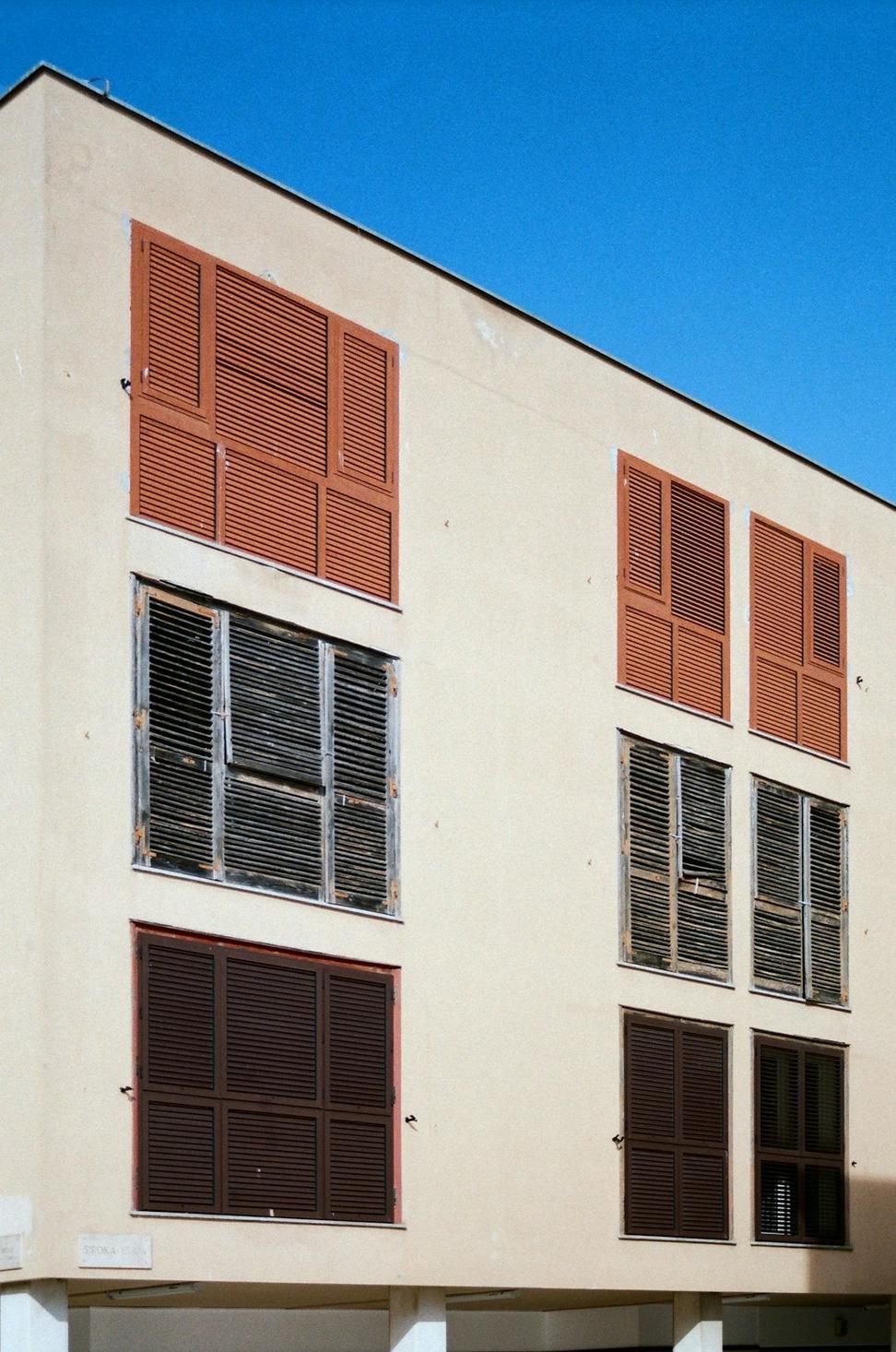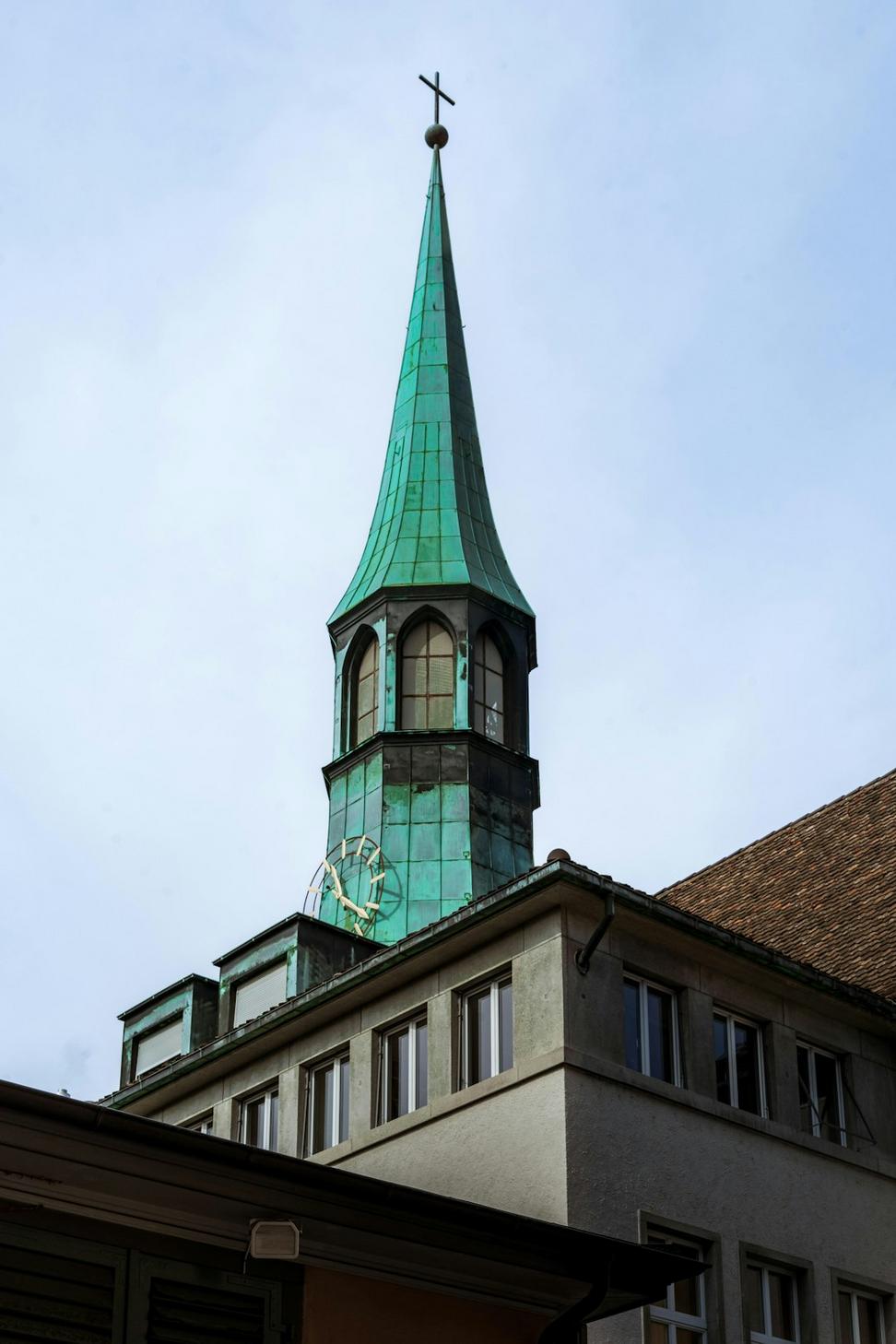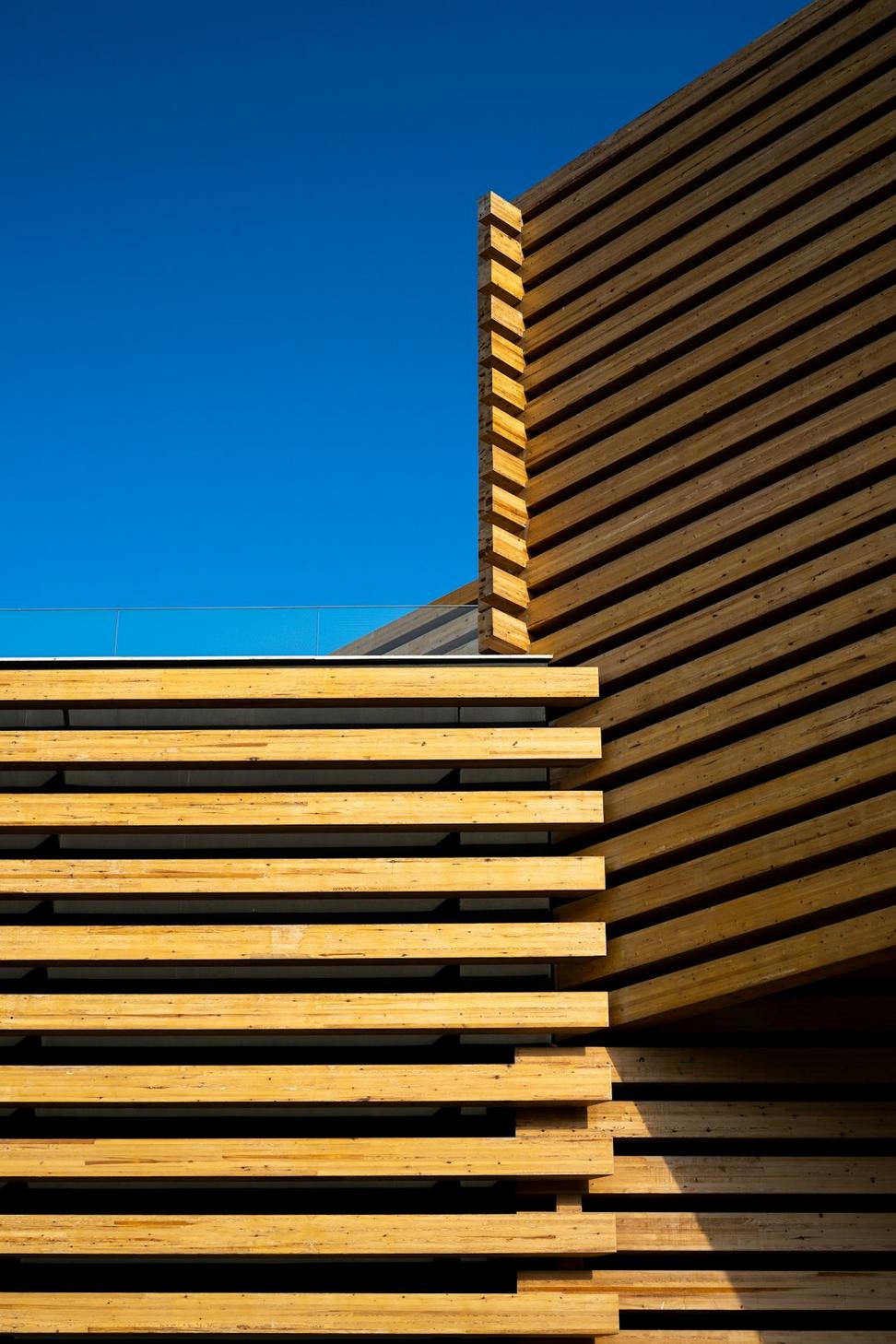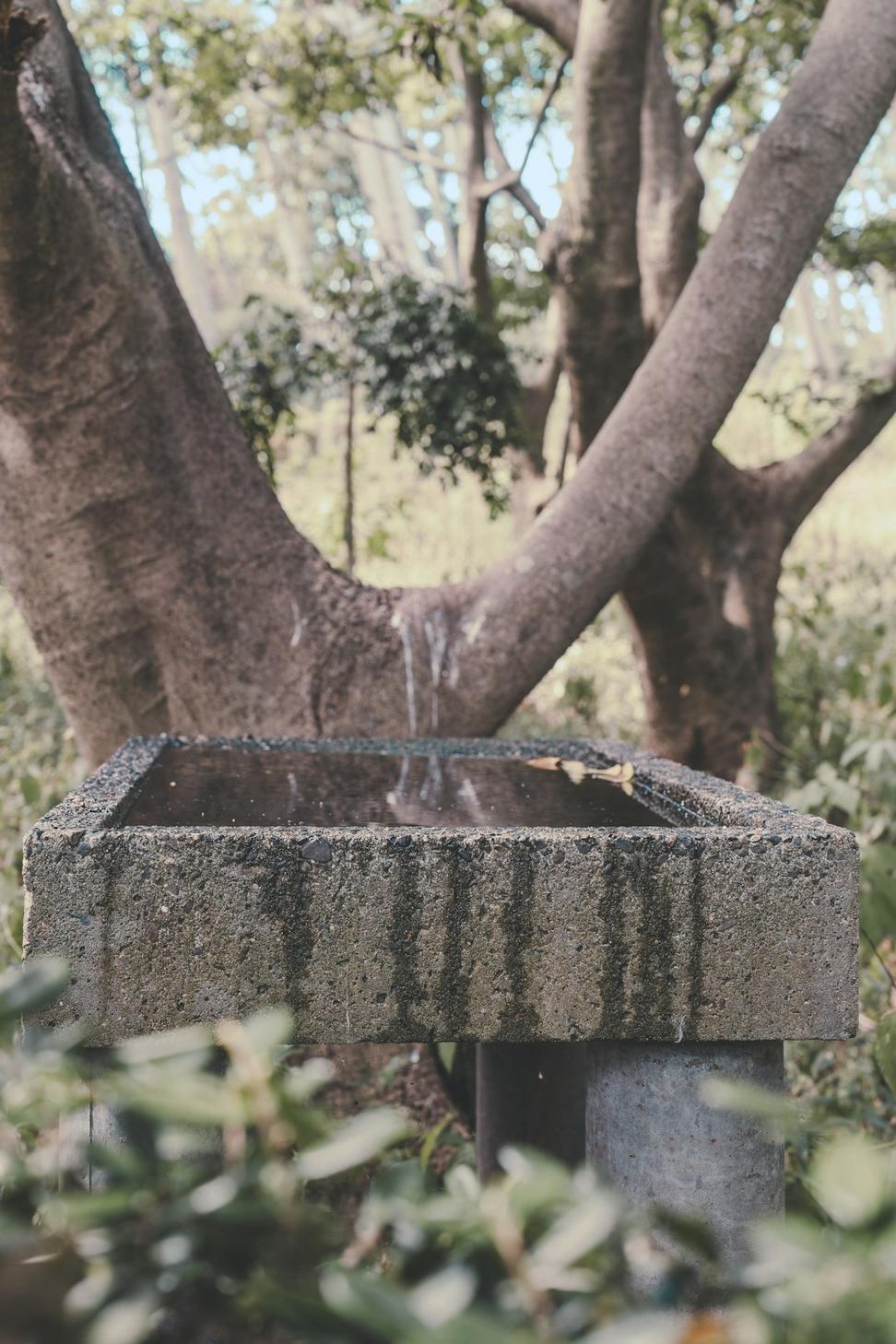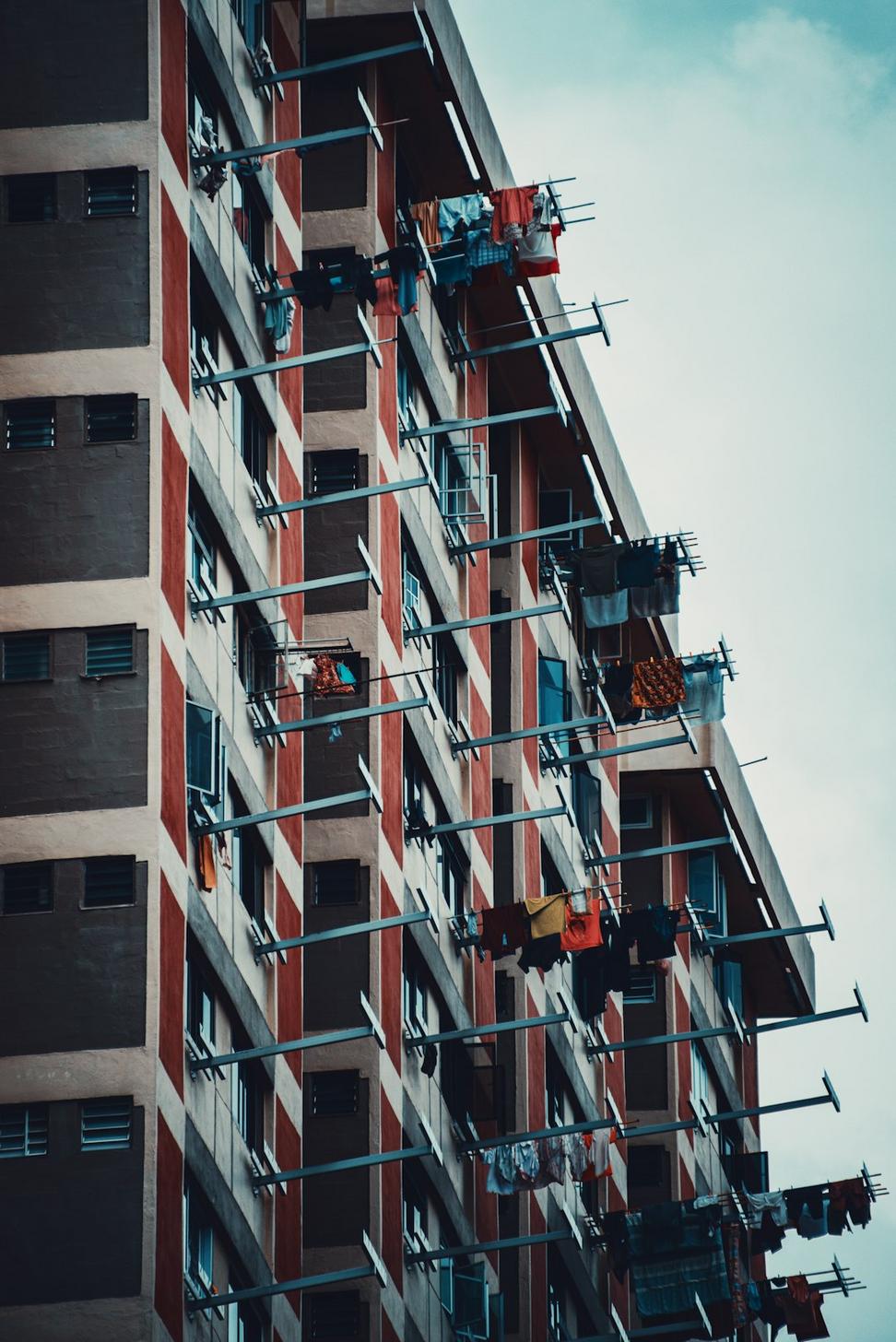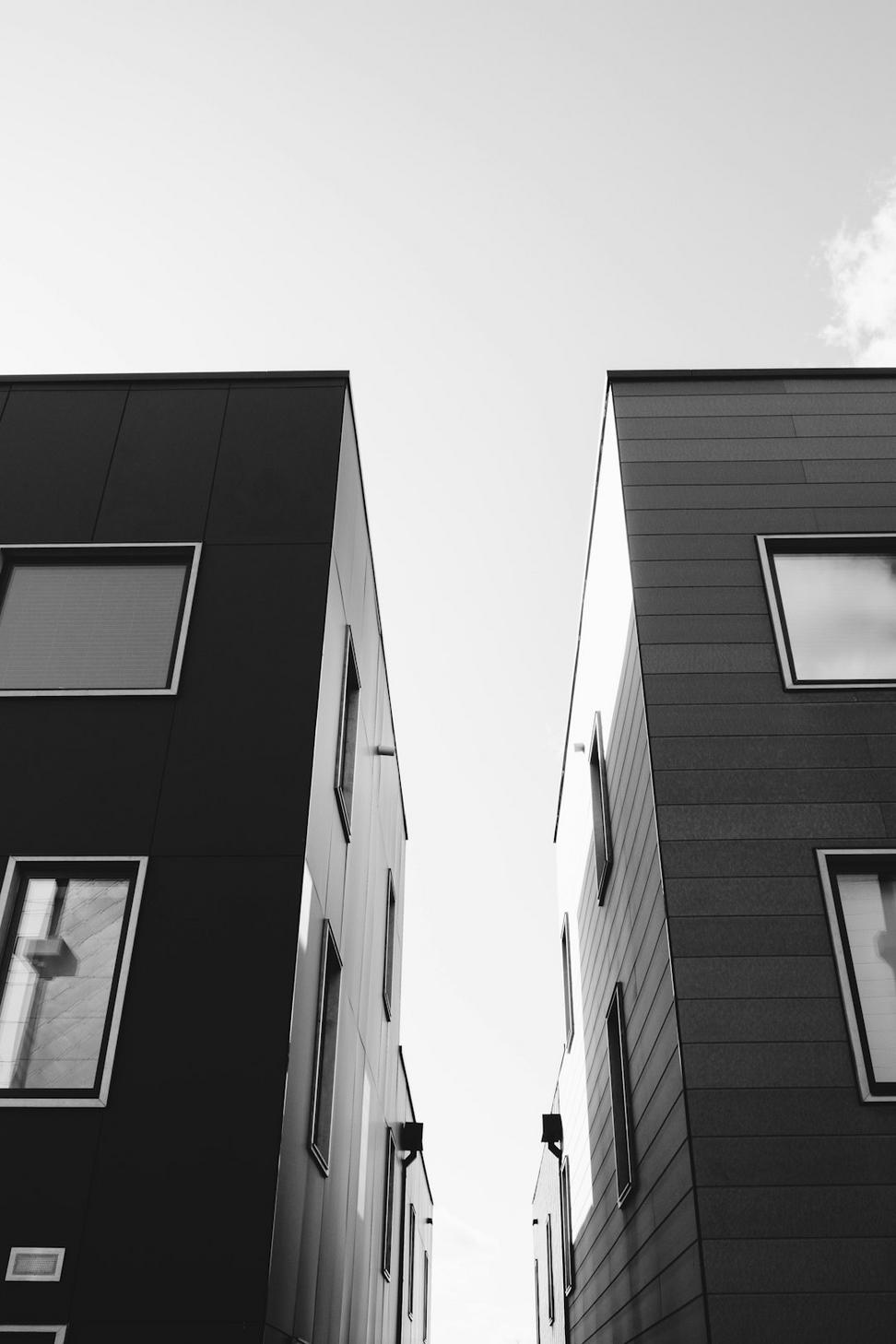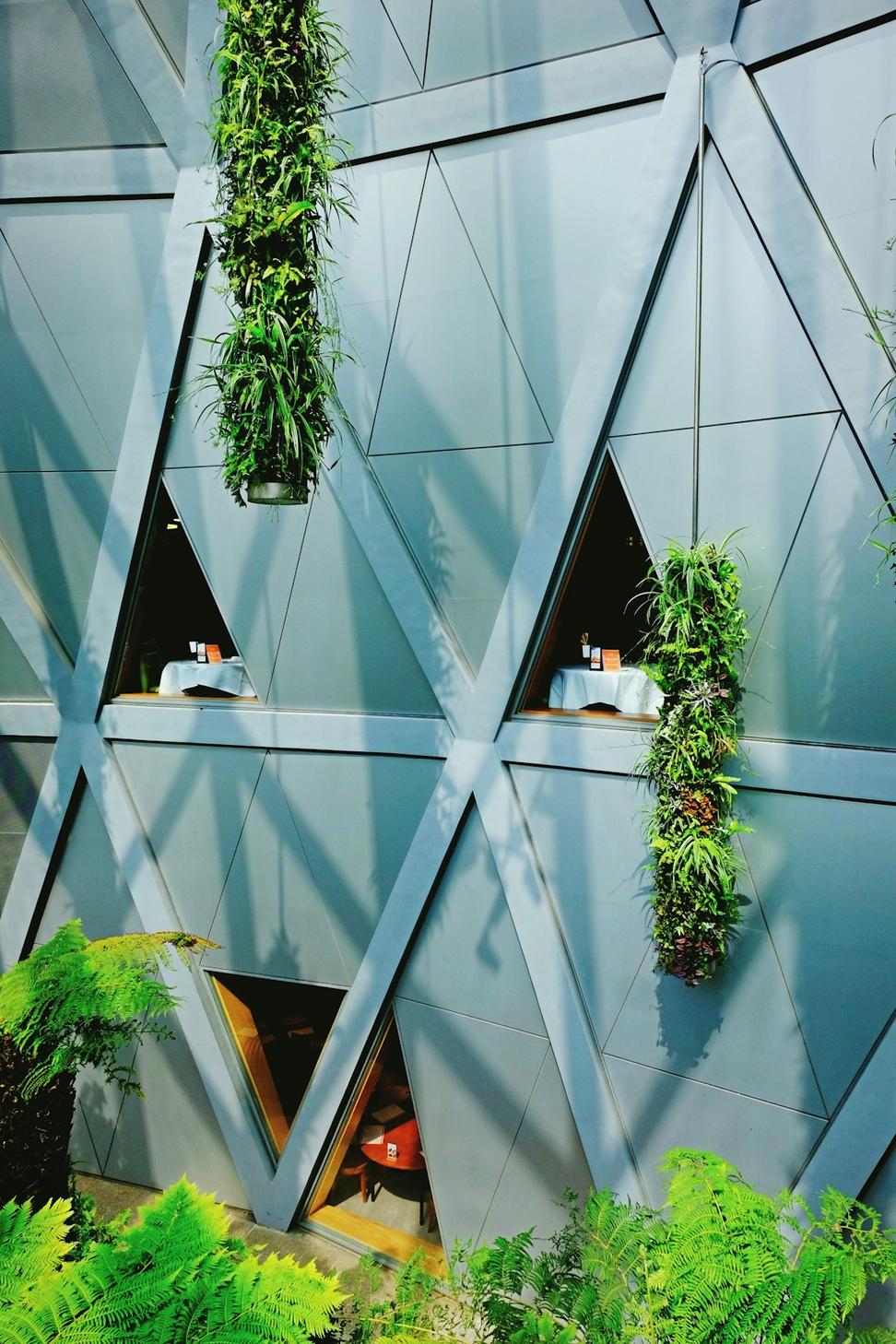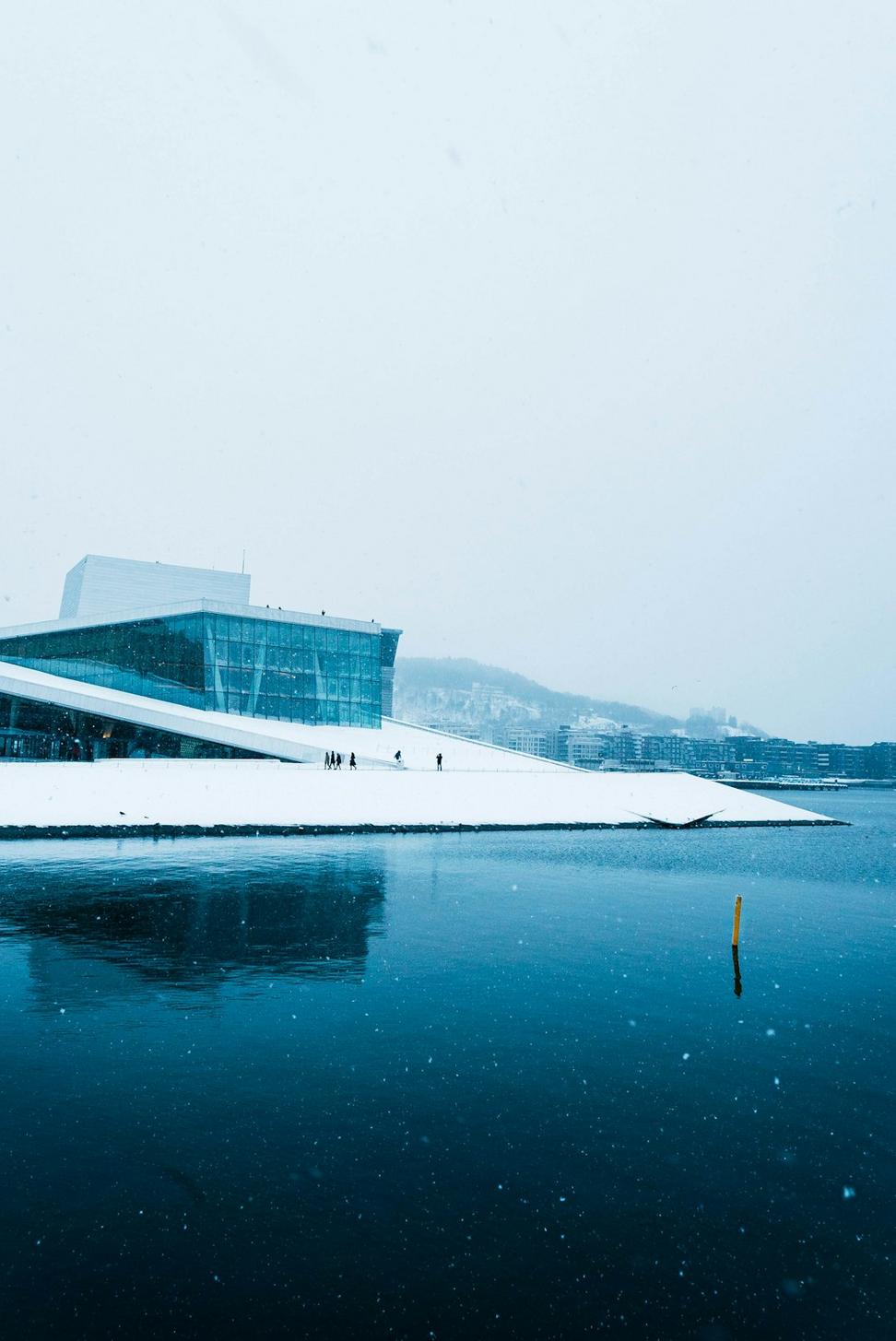
Why We're Pretty Obsessed with Sustainability
Look, I'll be honest - when we started Frosthal Quintar, sustainability wasn't just a buzzword we slapped on our website. Growing up in BC, you see what happens when we don't respect the environment. So yeah, it's personal.
Our Nordic-inspired approach comes from studying how Scandinavian architects have been nailing this for decades. They've figured out that you don't need to sacrifice beauty or comfort to build responsibly. Actually, it's the opposite - the best spaces work WITH their environment, not against it.
Every project we take on starts with one question: how can we make this building give back more than it takes? Sometimes that means geothermal heating, sometimes it's about maximizing natural light so you're not burning electricity all day. Whatever works for that specific site and client.
87%
Average Energy Reduction
34
LEED Projects Completed
